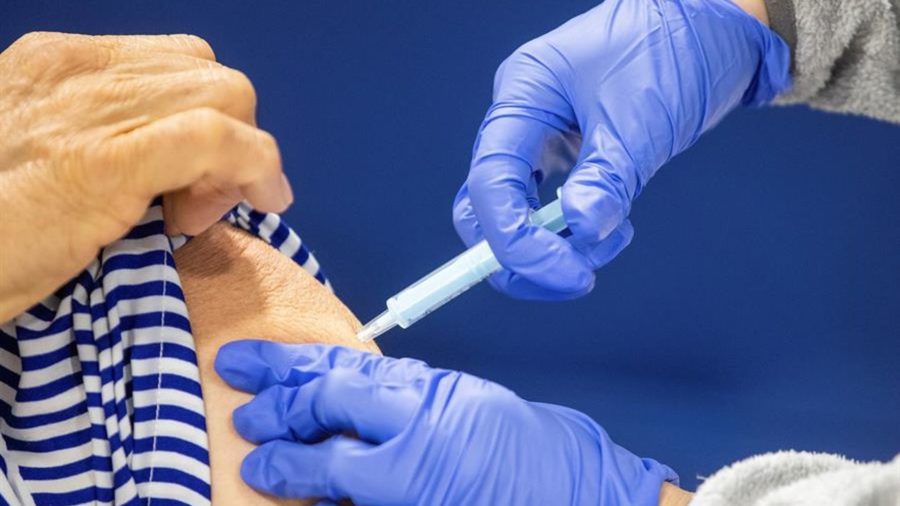Europe and North America lead the world in vaccine inoculations

Vaccination in the world is advancing: more than 655 million people have already received at least one dose. The vaccine is now being inoculated in more than 190 countries around the world. However, the difference between the different continents is enormous. From the Relocation and Immigration department of SIT Spain we inform you about the current situation in each continent and how it affects global mobility.
Europe is one of the most advanced territories: practically all countries have started to vaccinate. On May 3, the European Union reached a new milestone, having one in four citizens with at least one dose. This progress, together with the Green Passport approved by the European Commission, will facilitate mobility between member countries in the coming months.
In the case of Africa, 44 countries have started the vaccination campaign, although at a very slow pace. Less than 1% of the population has received any doses.

Leading the way in the Americas are the United States and Canada. They are followed by Mexico, Brazil, Chile, Peru, Argentina, Panama, Ecuador and Bolivia. North America will be the first territory to reopen its borders and recover international mobility, thanks to the rate of vaccination.
At a time when many countries are looking for ways to reopen borders and revive international mobility, the coronavirus pandemic is rebounding in several Asian countries. The situation in India is untenable. One of the world’s largest vaccine producers is in a humanitarian emergency and is asking other countries around the world to donate drugs for its population. And in some of the countries that fought most effectively against the first onslaught of the pandemic, such as China, due to supply problems and the reluctance of the population to receive the vaccine, inoculations are not progressing at the expected pace.
Oceania is another weak point in global vaccination: Australia has abandoned its goal of vaccinating the population by 2022 due to lack of supply. As a result, it is keeping its international borders closed and is experiencing isolated outbreaks of local infection.
Vaccination has radically changed the economic outlook towards a very positive perspective in much of the world. At SIT Spain we are noticing that migratory services are growing as the pace of vaccination increases.